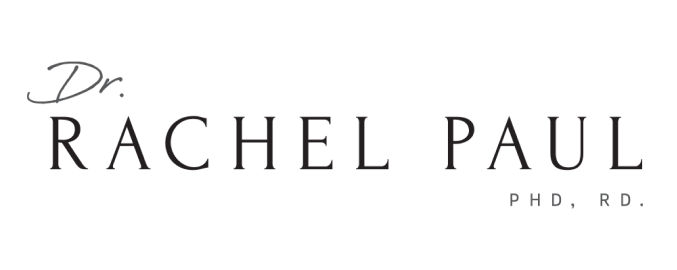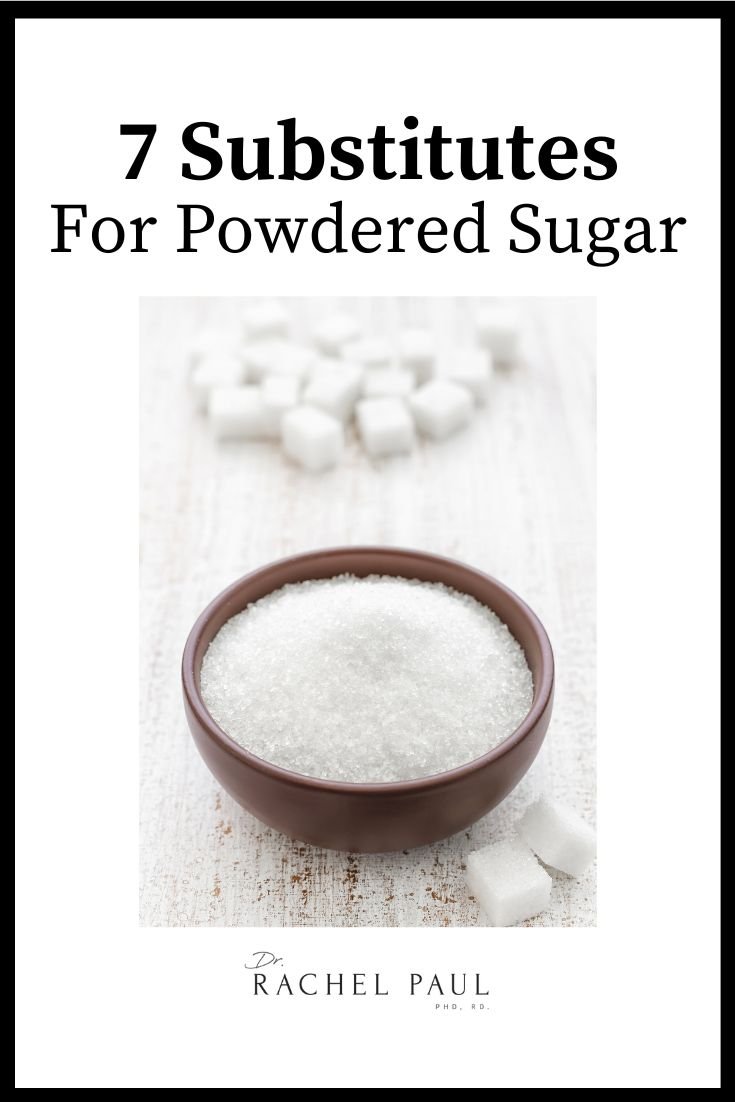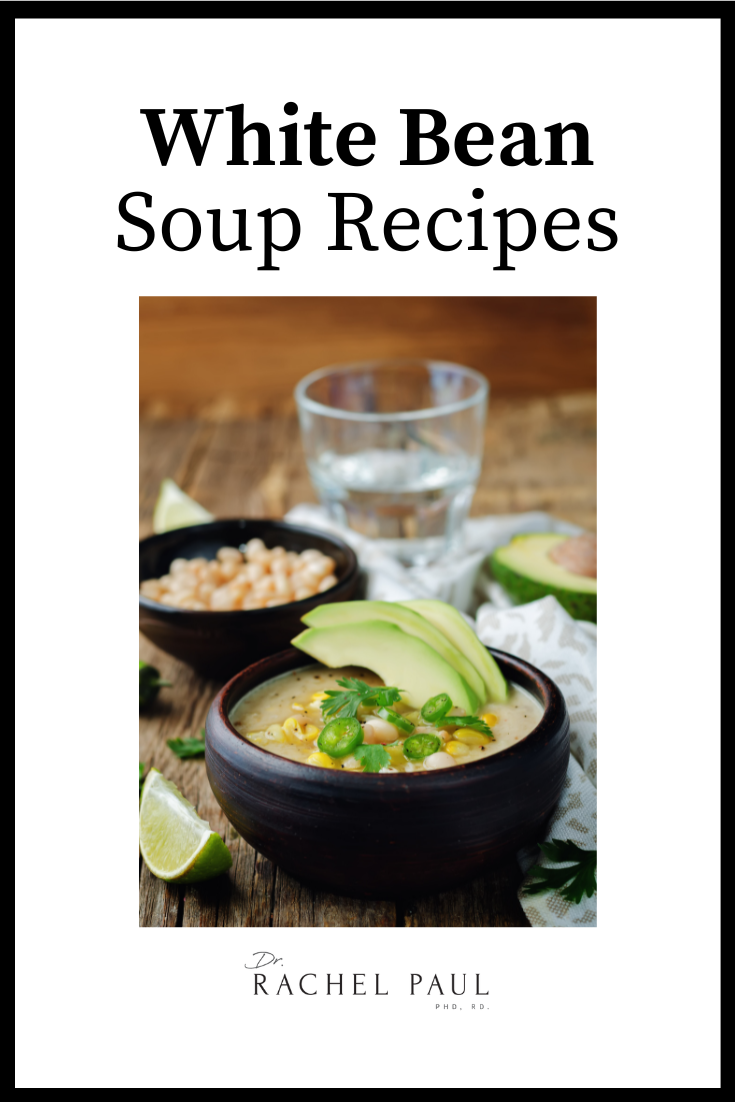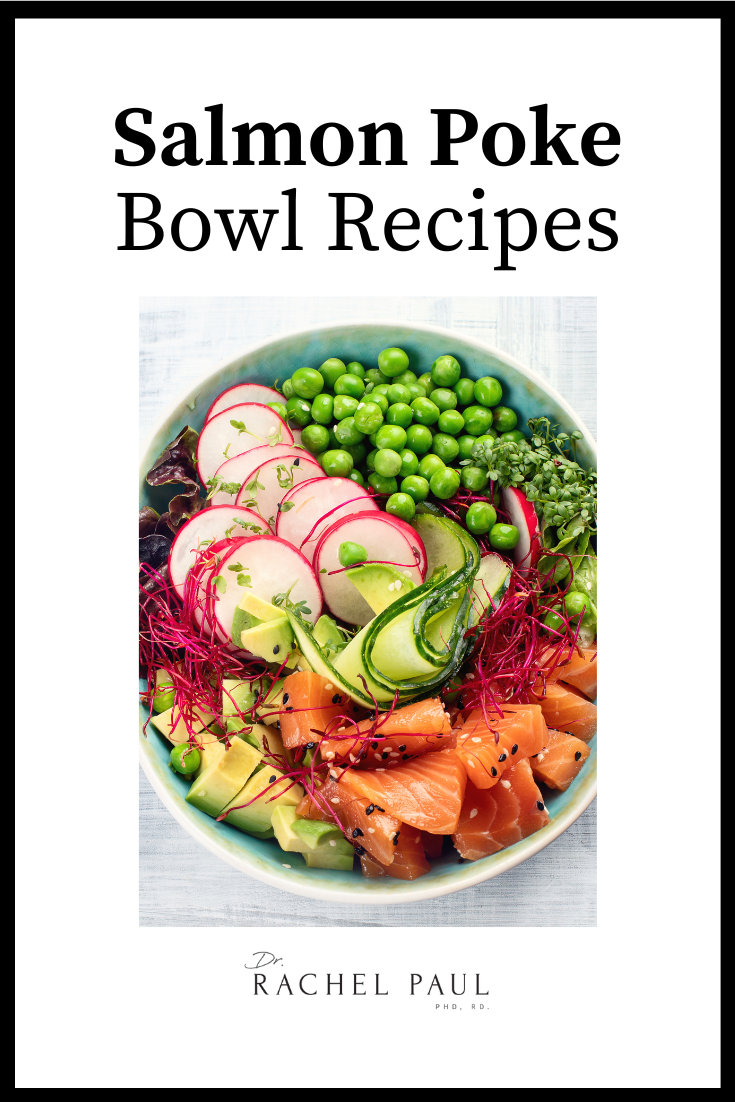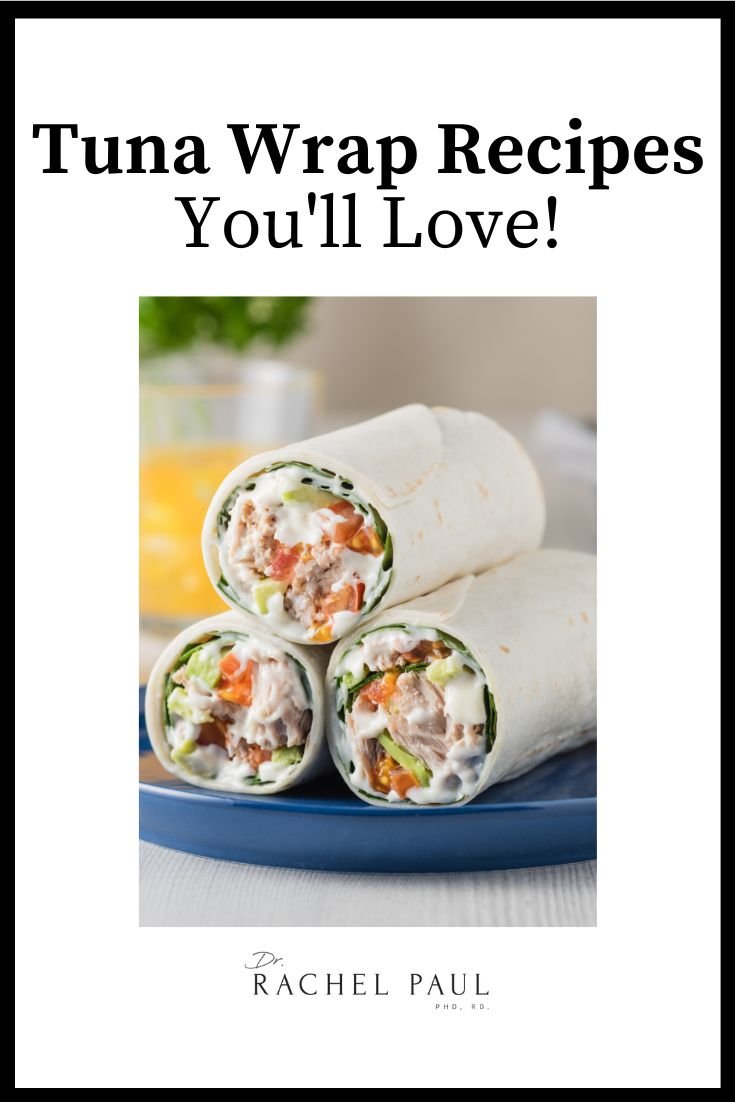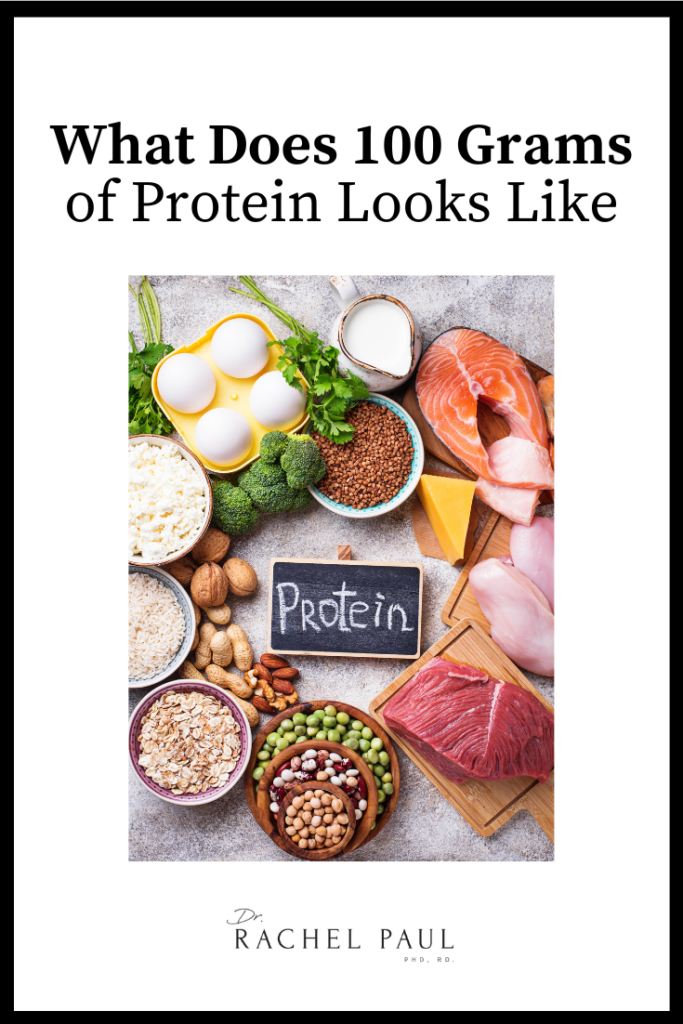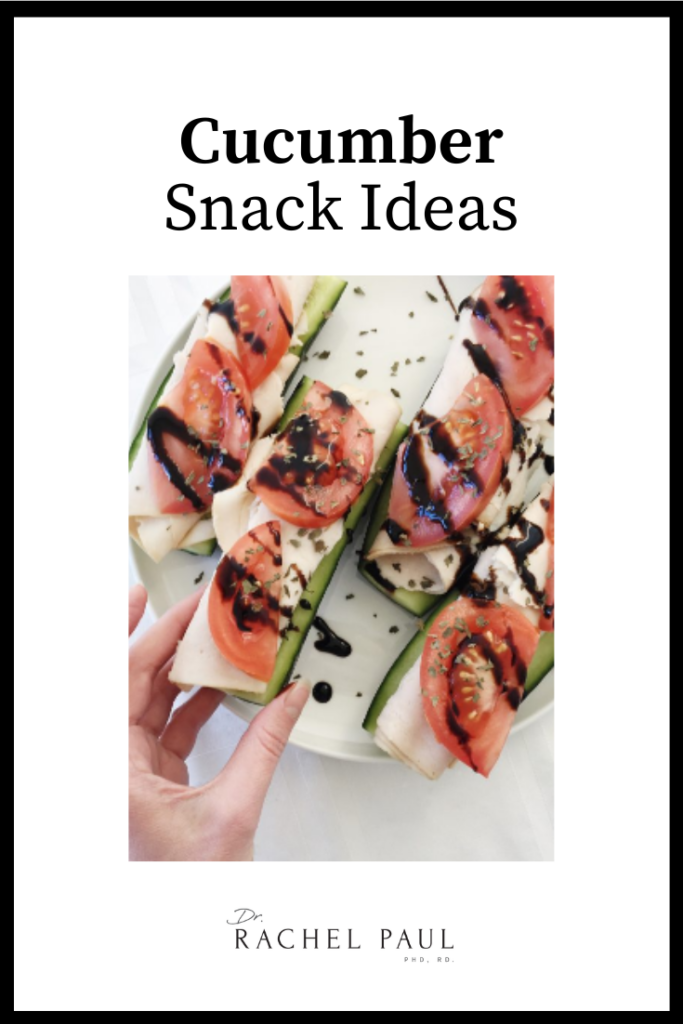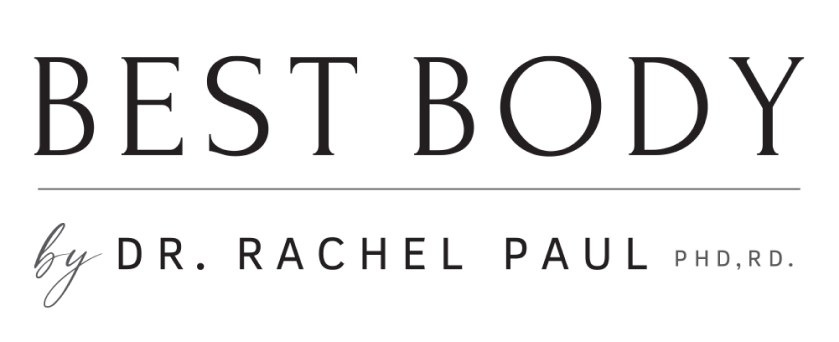
The term “organic food” or “organic products” refers to the way agricultural products and livestock are grown, raised, and processed. Organic agriculture is different from the conventional way of farming.
Organic crops that are considered “organic produce” have to be grown without any GMOs, pesticides, synthetic herbicides, or fertilizers.
When we say “organic livestock” that means that the livestock raised for meat, eggs, or dairy products has to be raised in conditions accommodating to their natural behaviors, with the ability to graze on pasture. They also need to be fed organic feed and forage, and can’t be given any antibiotics or growth hormones. That’s why you often hear that organic meat is better for you.
There are so many health benefits of eating an organic diet. It would be amazing for public health if people tried to eat an organic diet more. You don’t need to change much – you still eat conventional foods you normally eat, but you’re making sure you’re eating healthy food (and organic food is important for food safety).
8 Benefits Of Organic Food
Organic products are fresher
Organic products are much fresher than regular, conventional products. The reason for that is that non-organic products are infused with preservatives that make them last longer. But organic produce doesn’t have any of that, which means it’s fresher. So, that’s one of the best benefits of eating an organic diet.
No antibiotics are used in organic products
Non-organic foods (livestock specifically) often have antibiotics in them. When humans consume that food that has antibiotics in it, humans also end up consuming the antibiotics. That can create antibiotic-resistant strains of bacteria, which can alter the human’s immune system, and make them not be able to fight diseases. But when you eat organic products, there are no antibiotics added to that, so it’s completely safe to eat.
Organic products aren’t genetically modified
Organic products are GMO-free, which is something you should look for in everything that you consume. That means that they are not genetically engineered (their DNAs aren’t altered), but conventionally grown.
While there still isn’t concrete proof, many scientists believe that GMO food causes slower brain growth, internal organ damage, and so much more. So, organic food is better for food safety.
Organic products are better for the environment
Organic farms use less energy, they pollute the environment a lot less than conventional farms, they conserve water more, increase soil fertility, and reduce soil erosion. Farms that use synthetic pesticides can cause damage to people living nearby, as well as to birds and animals, so organic farms are safer for everyone, since they don’t use any pesticides.
Organic products taste better
Organic products taste much better than non-organic products. They have more nutrients, and the mineral and sugar structures in them are much tastier, because they had time to develop and mature naturally, and no artificial chemicals were added to them.
With organic fruits and vegetables, you’re getting the real and full taste of the product, not an altered one. The quality of the flavors in organic fruits and vegetables is so much higher than in non-organic ones.
Organic products don’t have any poison in them
Organic farming doesn’t use any artificial and harmful chemicals to keep the pests away. That means that they aren’t contaminated with any dangerous chemical substances that could be harmful to consumers, unlike most conventional farms.
Organic products are free of pesticides
Pesticides can be very harmful to humans. While they are good for keeping pests away from fruit and vegetables, they are unnatural chemicals and shouldn’t be consumed by humans. Almost all non-organic fruit and vegetables have pesticides, and some even with very high levels of pesticide, which makes them potentially harmful to consumers. Even small amounts of pesticide residue can be harmful if you consume it for every single meal (if all of your produce has pesticie residue).
On the other hand, organic products are pesticide-free, which makes them healthier and much safer to consume.
Organic products have more antioxidants
It is a well-known fact that antioxidants have a very positive impact on our health. As many studies show, antioxidants are even healthier when they come from organic food.
The reason for that is that non-organic food has chemicals, and they can lower the value of antioxidants, whereas with organic fruit and vegetables, there are no chemicals, so you get full benefits of antioxidants when you eat your produce.
Tips For Buying Organic Food
Compare prices
Organic food is usually more expensive than non-organic food, because it takes longer to produce and there is less organic food in grocery stores than non-organic food.
So, how can you buy organic food without breaking the bank? Well, compare prices in different stores. Many stores have different prices, sales, coupons, so look around and try to find an option that is the most budget-friendly.
Shop at farmers markets
Farmer’s markets can often be a lot more budget-friendly than grocery stores or supermarkets, plus, they have more fresh, organic fruit and veggies for you to choose from. So, go to your local farmers market, and stock up on some delicious, healthy, and organic fruit and vegetables.
Buy fruits and veggies that are in season
This tip is very important – buy fruits and veggies that are in season. When buying organic produce, you need to shop in season. It not only makes it less expensive, but you’ll be able to find what you’re looking for a lot easier if it’s in season when you’re shopping. Because organic produce doesn’t have any chemicals added to them, you can’t get them when they’re not in season.
Join food co-ops
Cooperative grocery stores usually offer lower prices for their members that pay an annual fee. So, if you want to buy organic food on a budget, joining a food co-op would be a good idea. In the end, it ends up being worth it, because you’d be saving all of the time, especially since eating organic food all the time can get quite pricey usually.
Buy only stuff you know is healthy
While fruits an
d vegetables that are organic are always healthy, there are many products you’ll find that are labeled as “organic” or “certified organic” that aren’t actually healthy. So, keep in mind that just because something is organic, it doesn’t mean it’s always healthy. Organic standards don’t mean something is authomatically healthy.
It simply means that for fruit, vegetables, meat, eggs, and dairy products, organic products are healthier than non-organic ones. So, organic meat, organic produce, and organic dairy products are worth checking out in the store.
But organic snacks, desserts, or baked goods aren’t necessarily healthy just because they’re organic. More often than not, they’re actually not healthy. They have a lot of fats, sugars, and other unhealthy stuff, and they want to make them seem healthy by putting an “organic stamp” on them.
So, be smart about which products are actually healthy when they’re organic, and which ones are just labeled that way to get you to think they’re healthy.
What products to buy organic
For some produce, it’s very important to buy it organic, for all of the reasons listed above.
But for some, their pesticide levels are very low, so if you can’t afford to buy everything organic, or can’t find everything organic, there are some products where it’s okay to buy non-organic ones.
So, here’s a list of products you definitely should buy organic, whenever it’s possible:
Apples
Grapes
Nectarines
Peaches
Strawberries
Hot peppers
Kale
Cucumber
Celery
Potatoes
Cherry tomatoes
Spinach
Summer squash
Organic meat
Seafood (+ it’s a great source of omega-3 fatty acids)
Eggs
Dairy products
Now here’s a list of items that generally have low levels of pesticides, so it would be fine to buy them non-organic, if you want to save some money, or you can’t find organic versions:
Mushrooms
Avocado
Cabbage
Asparagus
Eggplant
Sweet corn
Onion
Sweet potatoes
Kiwi
Mango
Pineapple
Read Next
